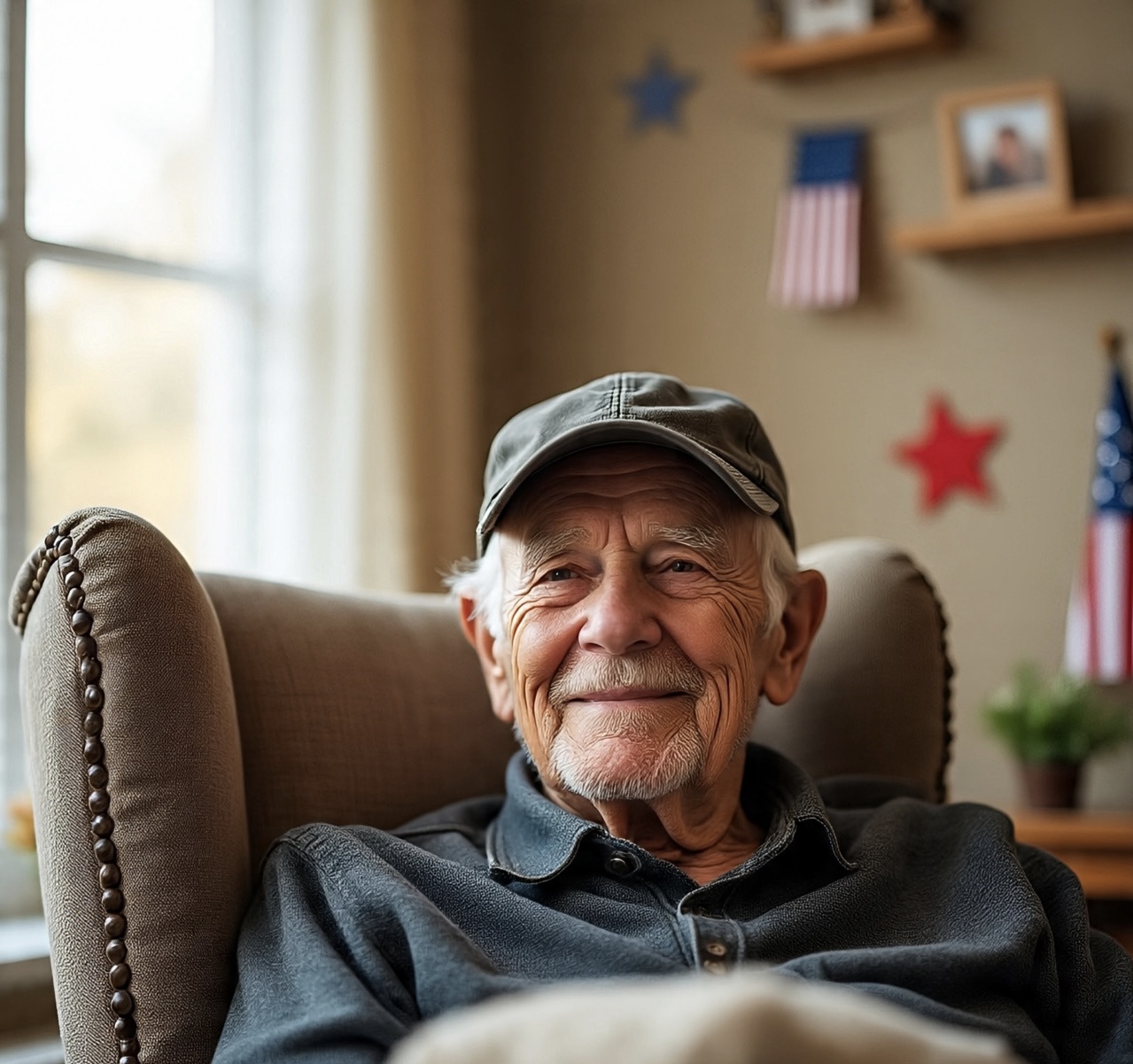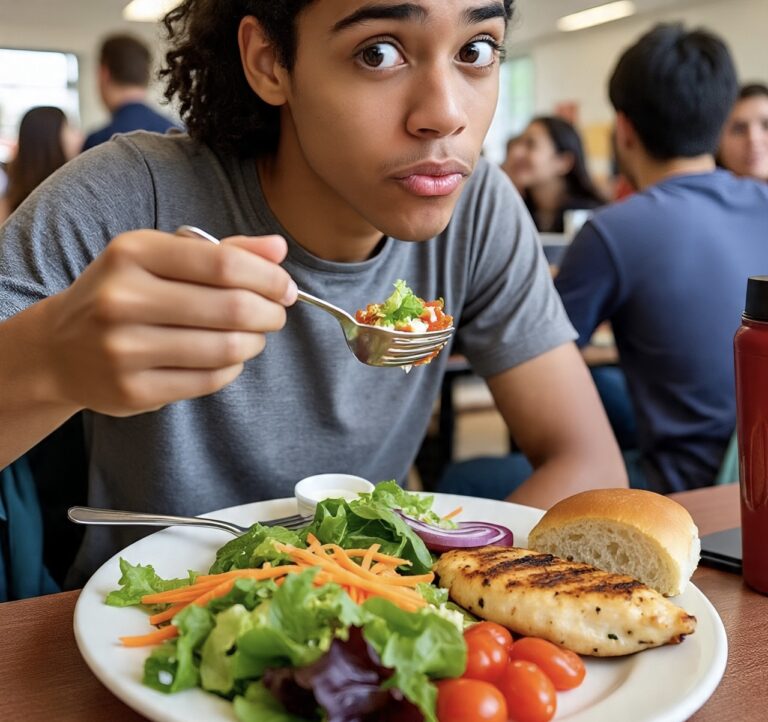Understanding the Unique Needs of Veteran Seniors
Explore the challenges veteran seniors face, from physical health to emotional support, and how communities can cater to these unique needs. Learn more!
Have you ever wondered what makes caring for veteran seniors different from others?
Many veterans face unique physical and emotional needs shaped by their life in service. They may need help with daily routines, medical care, or emotional support linked to past experiences.
Understanding these special needs is key to giving them the respect and comfort they deserve. Learning how to support them better can make a big difference in their quality of life.
Ready to explore how to meet their needs with care and understanding? Let’s read on.
Physical Health Issues
Many older veterans live with body pain or movement problems caused by years of service. Injuries from training, long marches, or heavy work can lead to joint pain and muscle weakness.
Some may also face heart or lung issues due to past exposure to harsh conditions. Regular exercise, physical therapy, and proper medical care can help manage these problems.
It’s also important to have places where veterans can stay active and safe. These needs are often best supported through dedicated veteran services at senior communities.
Mental Health Struggles
Many veterans carry memories from their service that stay with them for life. Some experience strong feelings of fear, guilt, or sadness that appear without warning. Nightmares, sudden anger, or trouble sleeping can make daily life harder.
These struggles often come from things seen or done during service that are difficult to forget. It can also affect focus, relationships, and the ability to enjoy everyday moments.
With the right care, such as counseling, calm surroundings, and patient understanding, these challenges can become easier to manage. Recognizing and addressing these struggles plays a big part in improving overall mental health.
Social Isolation
Many veterans find it hard to stay close to others after leaving the military. Life can feel different and quiet without the team they once had. Family or friends may not fully understand what they went through, making it harder to connect.
As time passes, some may spend more time alone or stop joining group activities. Simple things like talking with others, joining clubs, or going to community events can help.
Making friends and feeling included brings comfort, joy, and purpose. For veteran seniors, staying connected means knowing they still belong and that others care about their stories and their service.
Emotional Support Needs
Many veterans carry strong feelings from their time in service. Some feel proud, while others feel sad or miss the friends they once had. They may also miss having a clear purpose or a group that worked together.
As they get older, these feelings can become stronger. Kind words, listening ears, and caring people can help them feel calm and understood.
Talking about memories and sharing stories can bring peace and joy. For veteran seniors, having steady emotional support helps them feel cared for, respected, and part of something meaningful.
The Unique Needs of Veteran Seniors
Caring for veteran seniors starts with knowing what makes their needs special. Every veteran has stories and experiences that shaped their life. Giving them care that respects their past and supports their present helps them feel safe, proud, and valued.
Simple acts of kindness, respect, and patience can mean a lot. Honoring their service is more than saying thank you-it’s about giving them the comfort, understanding, and care they truly deserve after years of giving so much to others.
Did you find this article helpful? You can check out our website for more awesome content like this!






